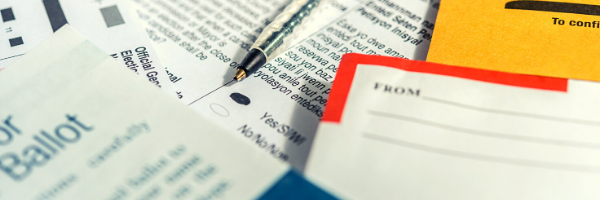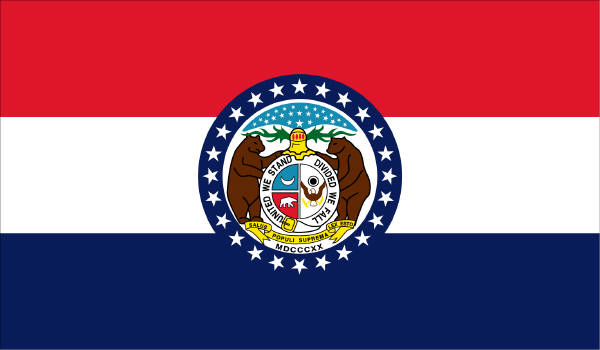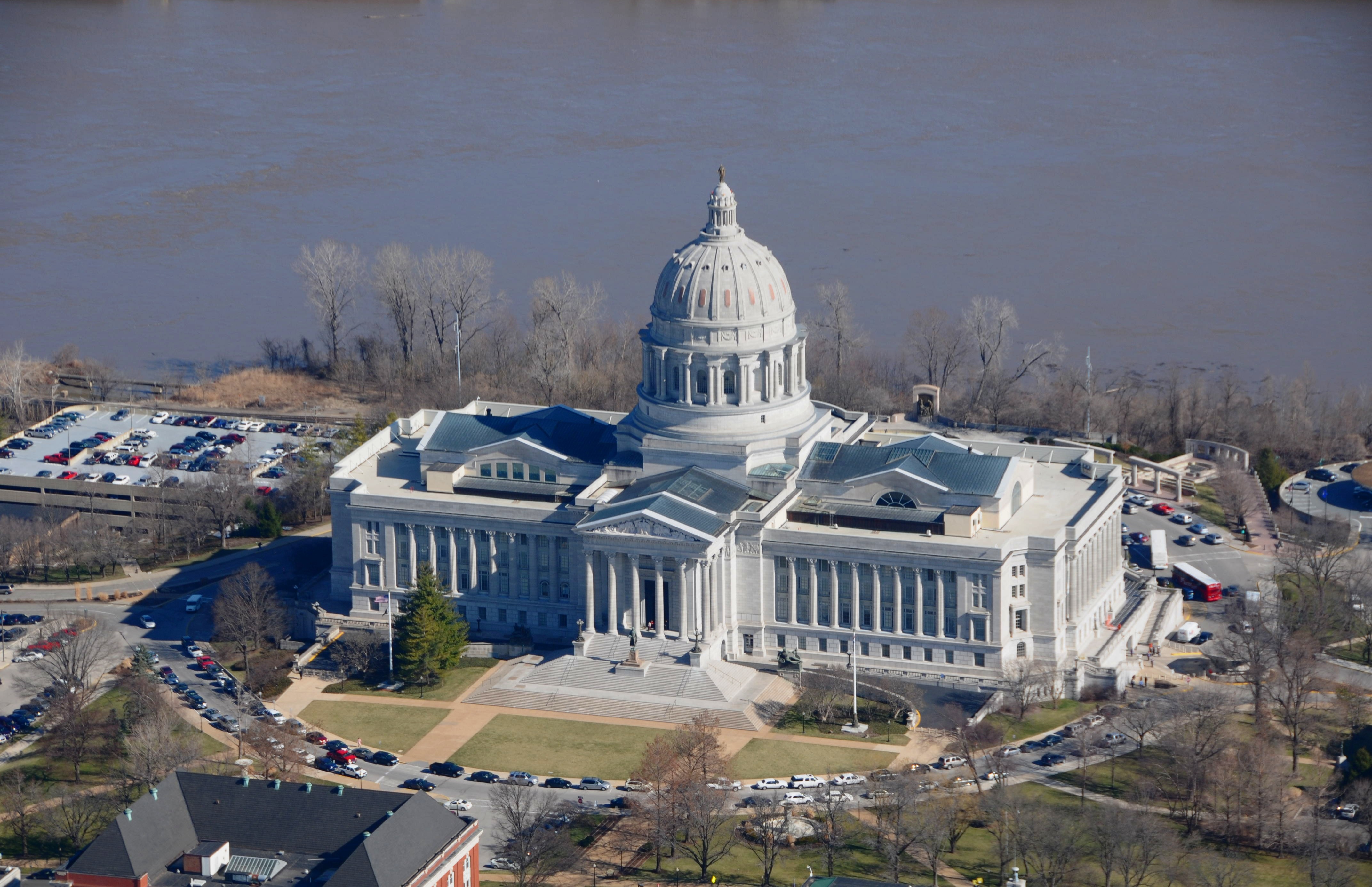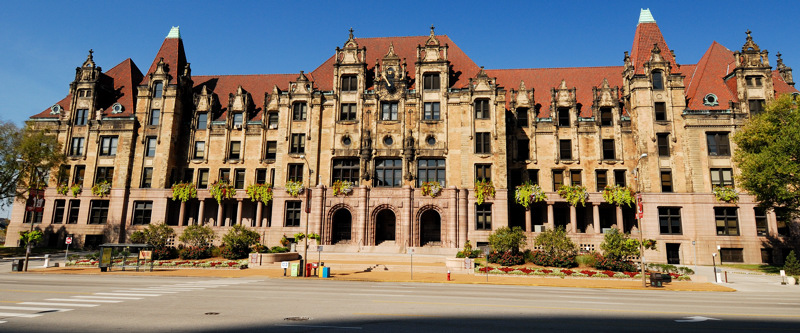Tag: missouri
-
Missouri voters in St. Louis, Kansas City, and Jefferson City to decide ballot measures on April 5

Voters will decide two ballot measures in St. Louis, three ballot measures in Kansas City, and one ballot measure in Jefferson City, Missouri on April 5. St. Louis: St. Louis voters will decide on a bond issue for capital improvement projects and a citizen-initiated measure concerning election law, redistricting, and conflicts of interest. Proposition 1,…
-
Missouri completes state legislative redistricting

Missouri completed its legislative redistricting on March 15 when the state’s Judicial Redistricting Commission filed new state Senate district boundaries with the secretary of state. Missouri was the 43rd state to complete legislative redistricting. The House Independent Bipartisan Citizens Commission unanimously approved state House’s district boundaries on Jan. 21. These maps take effect for Missouri’s…
-
Judge rules against Missouri State Treasurer and allows the ballot language for Amendment 1 to stand

On Dec. 13, 2021, Cole County Circuit Judge Daniel Green ruled against a challenge brought by Missouri State Treasurer Scott Fitzpatrick (R) to the ballot language and summary of Missouri Amendment 1. The constitutional amendment would allow the state treasurer to invest state funds in highly rated municipal securities. It would also authorize the legislature…
-
Missouri Supreme Court upholds Medicaid expansion amendment

On July 22, the Missouri Supreme Court unanimously ruled that a constitutional amendment enacting Medicaid expansion was constitutional. The decision reversed a lower court’s ruling that found the amendment approved by voters last August to be unconstitutional because it did not include a revenue source for the state to pay for the Medicaid expansion. The…
-
Missouri legislature passes 2022 constitutional amendment to expand treasurer’s investment options

On May 4, 2021, the Missouri State Senate voted 32-0 to pass a constitutional amendment expanding the types of securities and financial instruments the state treasurer can invest state funds into. It will appear on the ballot for the election on Nov. 8, 2022. The constitutional amendment would add municipal securities that receive one of…
-
Missouri House of Representatives unanimously expels Rick Roeber

The Missouri House of Representatives voted unanimously on April 21 to expel Rep. Rick Roeber (R). On April 19, the House Ethics committee released a 13-page report following its investigation into allegations that Roeber had abused his children. The Committee found the testimony and allegations of Roeber’s now-adult children to be credible and recommended Roeber’s…
-
St. Louis holds municipal general election

The nonpartisan general election for St. Louis, Mo., was on April 6. The primary was held on March 2, and the filing deadline to run passed on Jan. 4. Candidates competed for mayor, board of aldermen, and city comptroller. In the mayoral election, Tishaura Jones defeated Cara Spencer, earning 52% of the vote to Spencer’s…
-
St. Louis voters approved five sewer district charter amendments, a bond issue, and an earnings tax renewal

According to unofficial election results, voters in St. Louis and St. Louis County approved five sewer district charter amendments, a bond issue, and an earnings tax renewal. St. Louis Proposition E, which renewed the city’s 1% earnings tax, was approved with 79.4% of voters favoring the earnings tax and 20.6% voting against it. Metropolitan St.…
-
Kansas City and St. Louis voters approve 1% earnings tax renewal measures

According to unofficial election results, St. Louis Proposition E, which renewed the city’s 1% earnings tax, was approved with 79.4% of voters favoring the earnings tax and 20.6% voting against it. Kansas City voters also approved Question 1 to renew the city’s 1% earnings tax with 75.9% of voters supporting it and 24.17% opposing it. …
-
Tishaura Jones, Cara Spencer advance from St. Louis mayoral primary

Tishaura Jones and Cara Spencer advanced from the St. Louis mayoral primary on March 2 and will run against each other in the general election on April 6. Jones received 25,374 votes, while Spencer received 20,649 votes. Lewis Reed and Andrew Jones, the other two candidates in the primary, received 17,162 and 6,422 votes, respectively.…

